Life skills form the cornerstone of personal and professional development, extending far beyond traditional academic knowledge to encompass practical abilities that prepare students for real-world challenges. In the medical field, these skills take on extraordinary significance, as they directly translate into the capacity to save lives, provide compassionate care, and make critical decisions under pressure. When students engage with fundamental medical techniques such as wound management, sterile procedures, and suturing, they are not merely learning technical procedures—they are developing essential life skills that cultivate precision, responsibility, empathy, and the confidence to act decisively in emergency situations.
Our senior students from CI AS Level, IBDP Biology, and CBSE Grade 11 & 12 (Biology) recently experienced this transformative power firsthand through a remarkable hands-on workshop focused on wound management, sterile techniques, and suturing skills. The session, expertly led by Dr. Henry Okodaso from St. George’s University, demonstrated how medical life skills serve as a bridge between theoretical knowledge and practical application. This workshop represented far more than a curriculum enhancement—it was an investment in developing young minds capable of handling real-world medical scenarios with competence and composure.
The two-hour intensive session brimmed with energy, curiosity, and profound learning opportunities as students worked in small groups with authentic surgical tools and suturing kits. Under Dr. Henry’s meticulous guidance, they progressed through each fundamental stage: understanding the purpose and proper handling of surgical instruments, practicing precise movements, and internalizing the critical importance of accuracy and care in every medical procedure. These life skills—attention to detail, steady hand coordination, and methodical thinking—are invaluable assets that extend well beyond the medical field, enhancing problem-solving abilities and fostering a mindset of excellence in any professional pursuit.
The workshop’s pinnacle arrived with a live suturing demonstration performed on artificial skin, followed by students eagerly attempting knot-tying and suturing techniques under Dr. Henry’s careful supervision. This hands-on experience proved transformative, not only sharpening their technical abilities but also deepening their understanding of the immense dedication and responsibility that define healthcare professionals. Through direct engagement with these medical life skills, students gained firsthand appreciation for the precision, patience, and unwavering commitment required in medical practice, fostering a profound respect for the healing arts.
Beyond its immediate educational value, this workshop served as a powerful catalyst for inspiration, igniting intellectual curiosity, strengthening career aspirations, and nurturing the dreams of future doctors, surgeons, and medical researchers. The acquisition of these fundamental medical life skills represents an investment in human potential—equipping students with practical abilities that could prove invaluable in emergency situations while simultaneously building their confidence, empathy, and sense of social responsibility. Such experiences demonstrate that true education transcends textbook learning, embracing the development of life skills that prepare students not just for examinations, but for meaningful contributions to society and the preservation of human life.
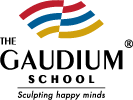

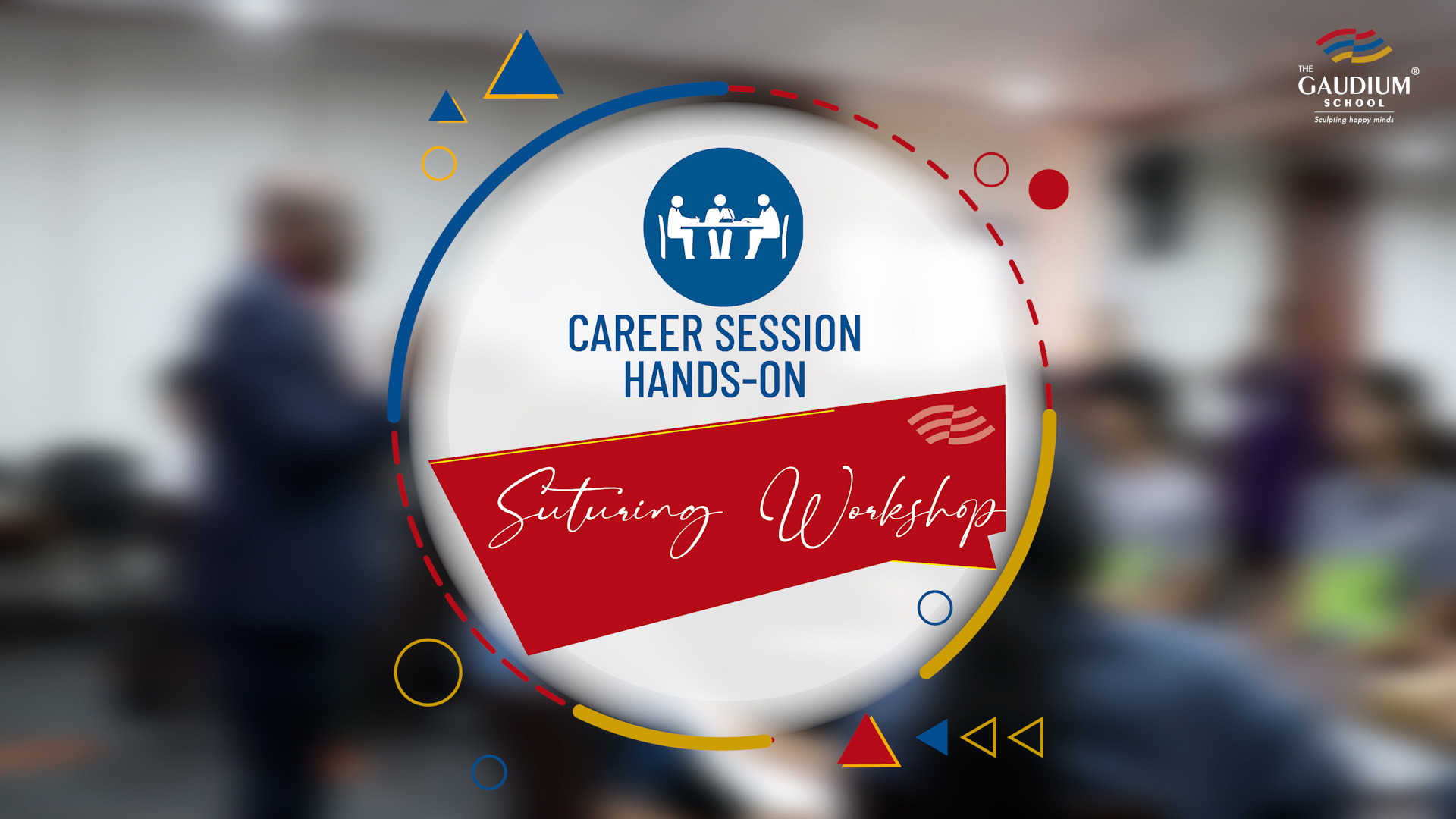
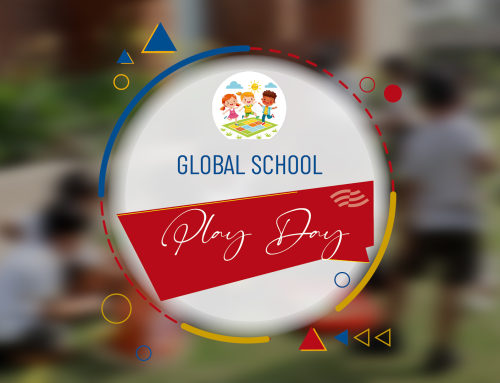
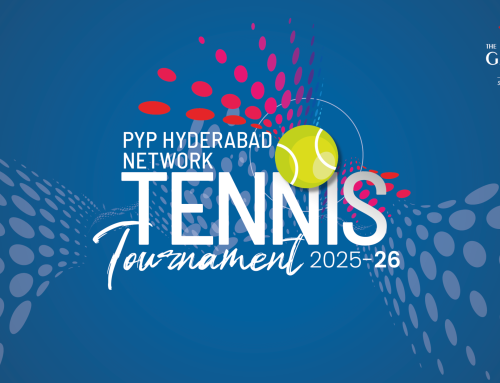
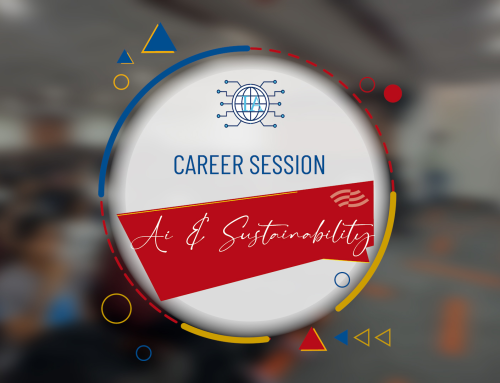
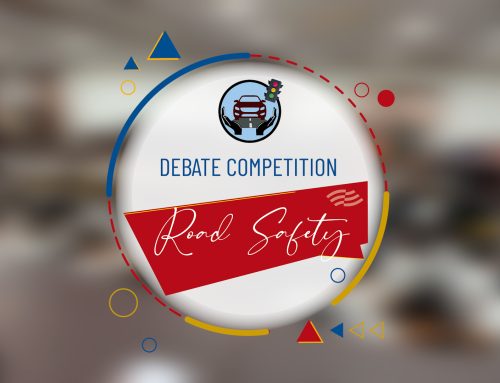
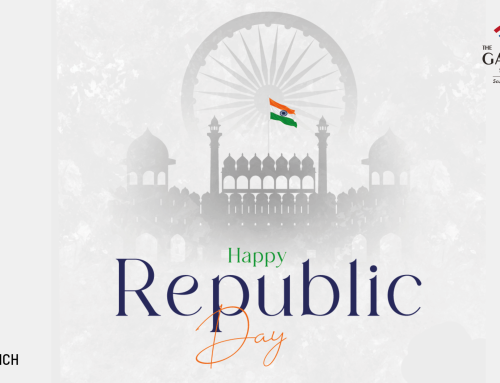
Leave A Comment